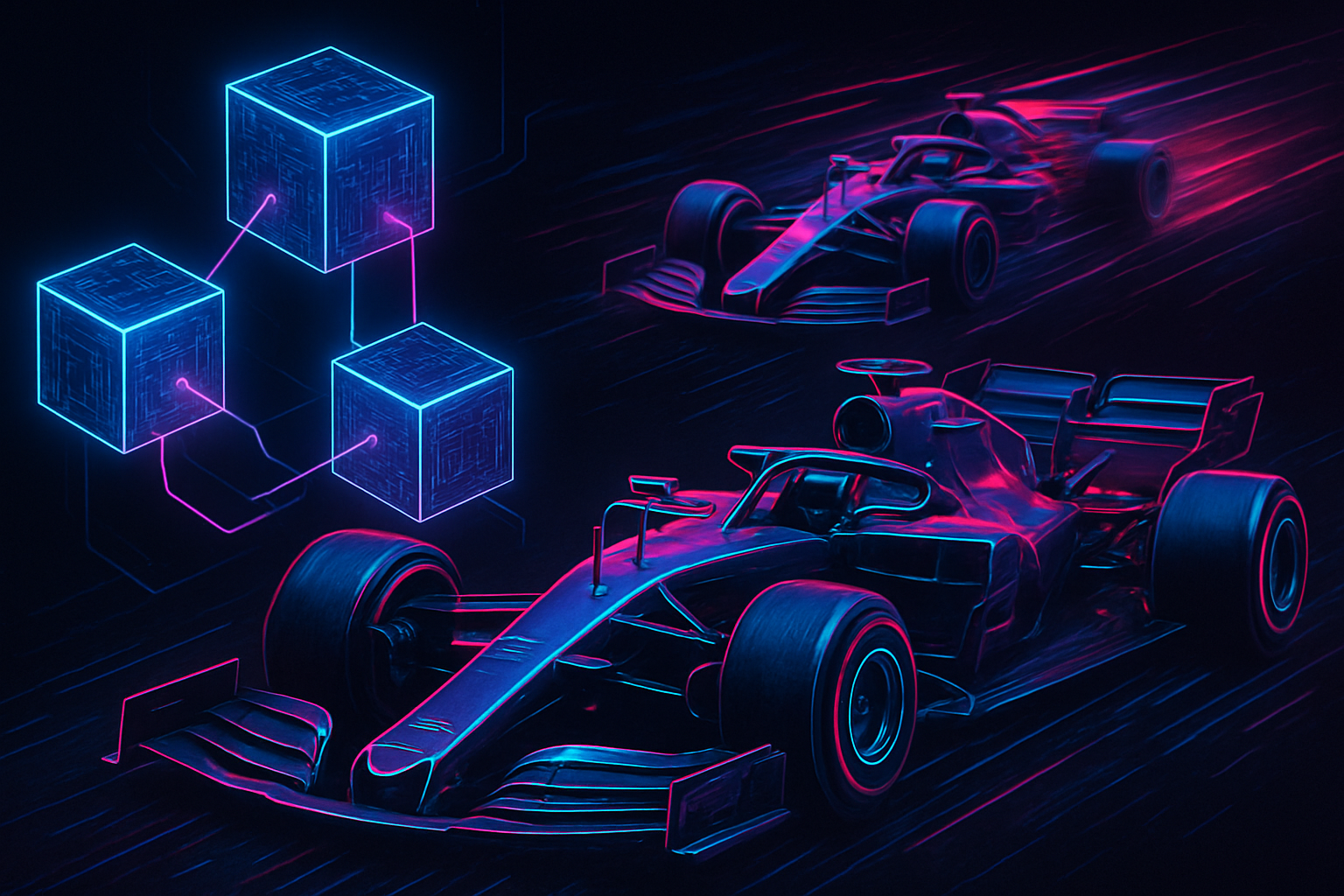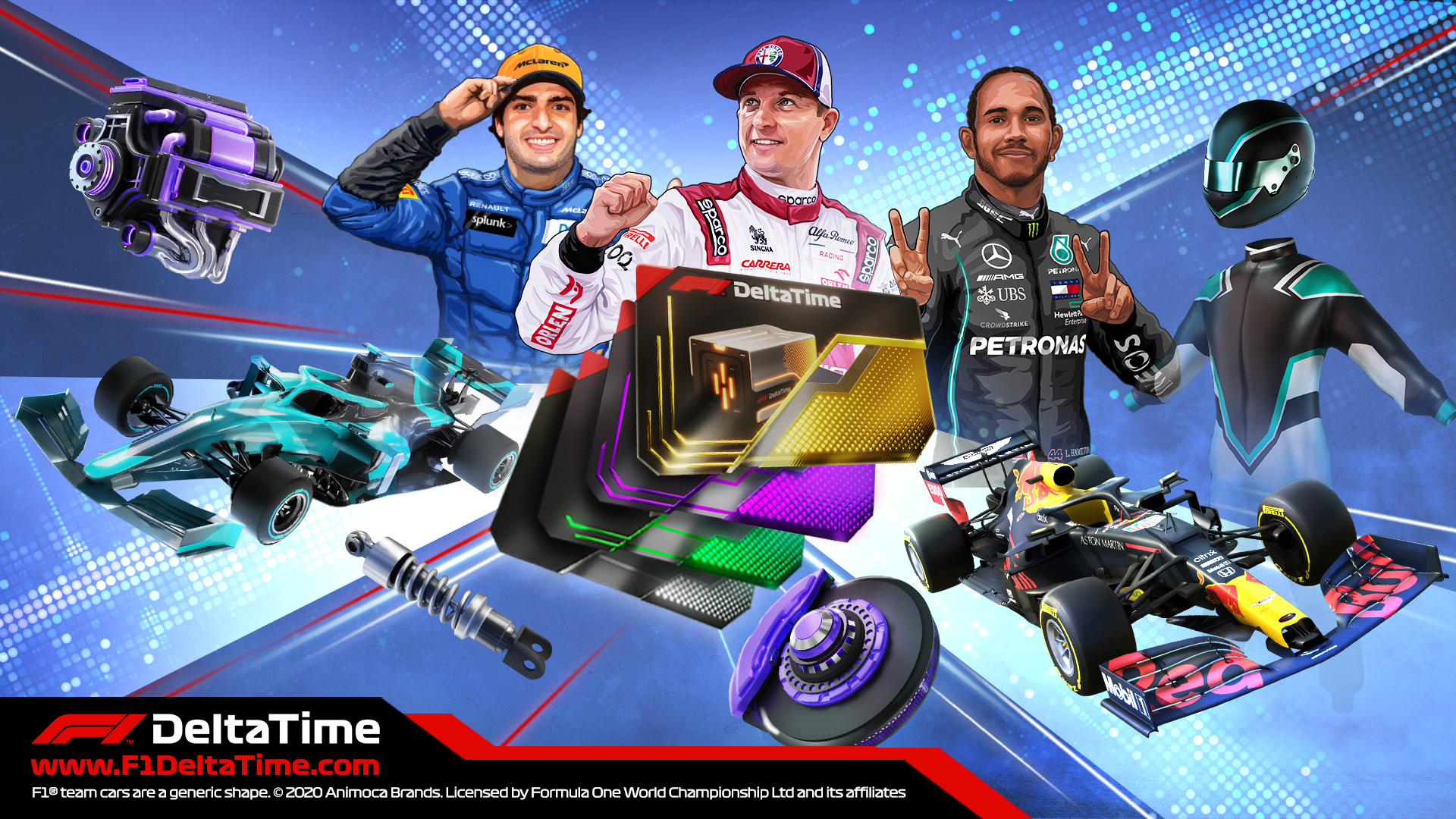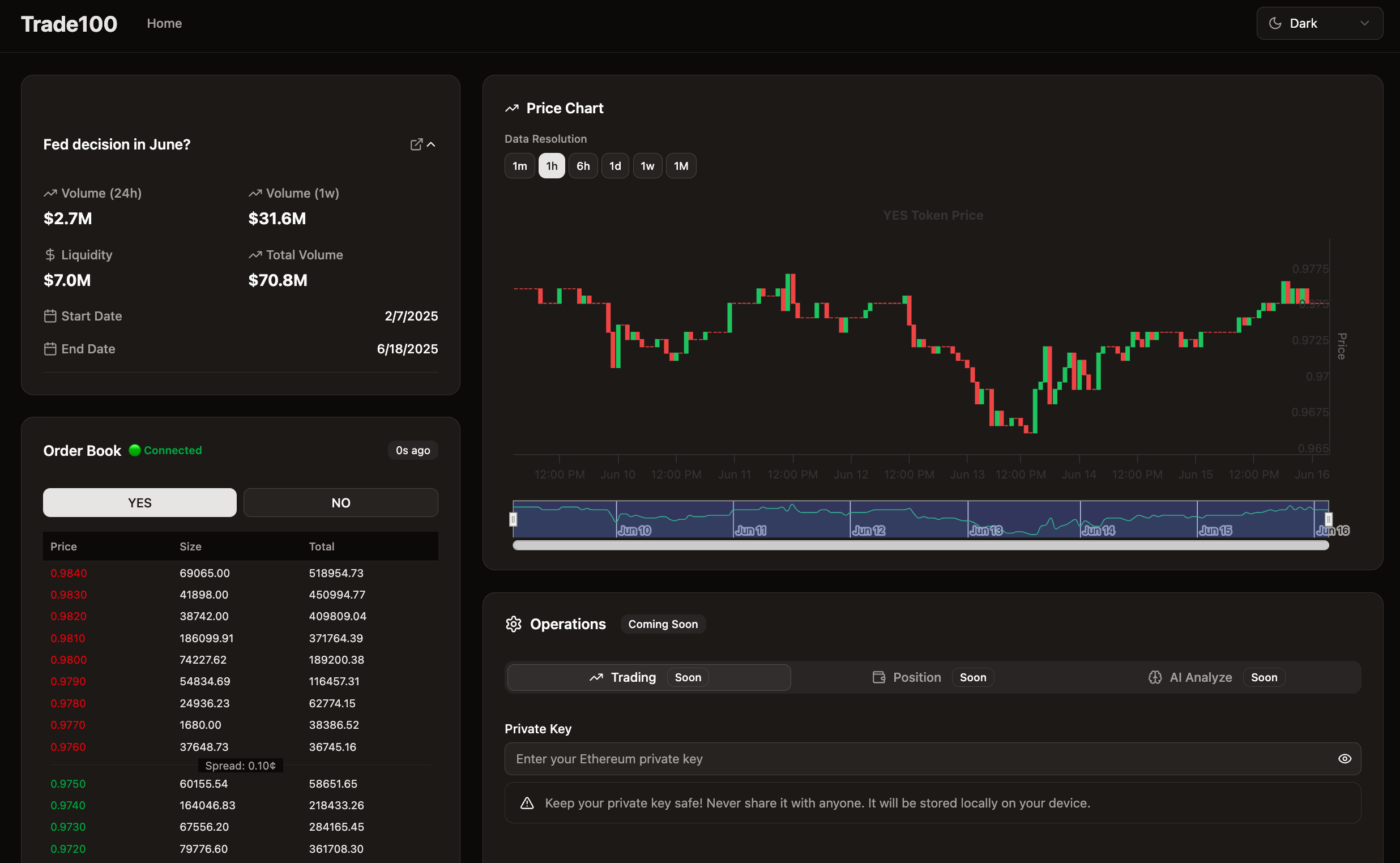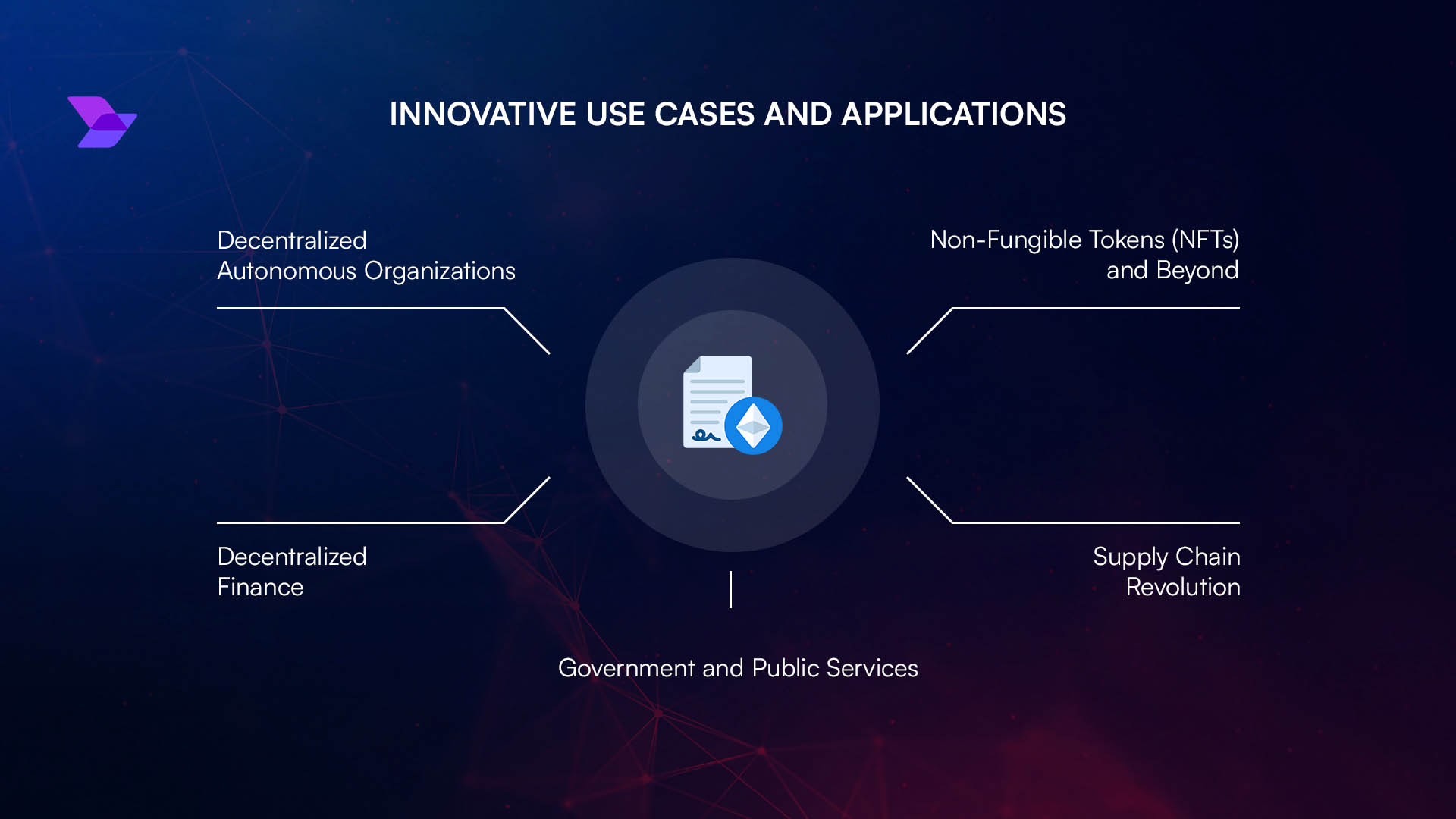
Blockchain technology is rapidly reshaping the landscape of motorsports betting. For Formula 1 and racing fans, on-chain prediction markets offer a transparent, decentralized alternative to traditional sportsbooks. These platforms leverage smart contracts and oracles to ensure that every bet is executed fairly and outcomes are recorded immutably. As we approach the 2025 F1 season, crypto-native betting sites and decentralized protocols are gaining traction among both seasoned bettors and newcomers seeking a more secure, borderless wagering experience.

How Blockchain Prediction Markets Power Motorsport Betting
The core innovation behind blockchain motorsport betting lies in its decentralized architecture. Unlike conventional bookmakers, on-chain platforms operate without a central authority. Instead, they utilize self-executing smart contracts that hold users’ wagers in escrow until the race outcome is confirmed by trusted data oracles. This process eliminates many of the risks associated with centralized betting sites, such as delayed payouts or manipulation.
For Formula 1 enthusiasts, this means you can place bets on everything from race winners to podium finishes using cryptocurrencies like Bitcoin or USDC. The entire lifecycle of your wager – from placing the bet to receiving your payout – is visible on the public blockchain ledger for maximum transparency.
“Crypto’s entrance into F1 isn’t just a sponsorship play, it’s the beginning of a new era for sports advertising, engagement, and monetisation. ”
The Mechanics: Smart Contracts, Oracles, and Token-Based Wagering
At the heart of these racing prediction markets are three key components:
Three Core Elements of On-Chain Motorsports Prediction Markets
-

Decentralized Platforms: These blockchain-based platforms, such as Augur and Polymarket, allow users to place bets on motorsports events without relying on traditional bookmakers. Users interact directly with smart contracts, ensuring transparency and reducing reliance on central authorities.
-

Smart Contracts: Self-executing contracts written on blockchain networks automate the betting process. They securely hold wagers, enforce rules, and automatically distribute winnings based on race outcomes, eliminating the need for manual intervention or third-party trust.
-

Decentralized Oracles: Oracles like Chainlink fetch real-world motorsports results and deliver them to the blockchain. This ensures that event outcomes used to settle bets are accurate, tamper-proof, and verifiable by all participants.
Smart contracts automate every aspect of the wager. Once you lock in your bet, no one can alter its terms or siphon off funds. Oracles, meanwhile, fetch official race results from trusted sources and deliver them directly to the smart contract for settlement. Finally, users typically wager with cryptocurrencies or platform-specific tokens – enabling near-instant transactions across borders without relying on banks or payment processors.
This structure not only boosts trust but also slashes fees compared to legacy sportsbooks. For example, platforms like Augur and Polymarket allow users worldwide to participate in F1 prediction markets without geographic restrictions or excessive commissions.
Notable On-Chain Platforms for Racing Bets
The competitive landscape for decentralized motorsports betting is evolving quickly. Augur, built on Ethereum since 2014, lets users create custom markets around any Grand Prix event. Meanwhile, Polymarket‘s USDC-based system on Polygon has captured attention for its speed and stablecoin integration despite regulatory hurdles.
The rise of partnerships between crypto brands and F1 teams underscores this shift toward digital-first fan experiences. Stake’s headline sponsorship of Sauber’s F1 team (now Stake F1 Team Kick Sauber) stands out as a milestone in merging Web3 technology with global motorsport appeal (source). These collaborations signal that blockchain-powered betting isn’t just a niche experiment – it’s becoming integral to how fans interact with their favorite sport.






